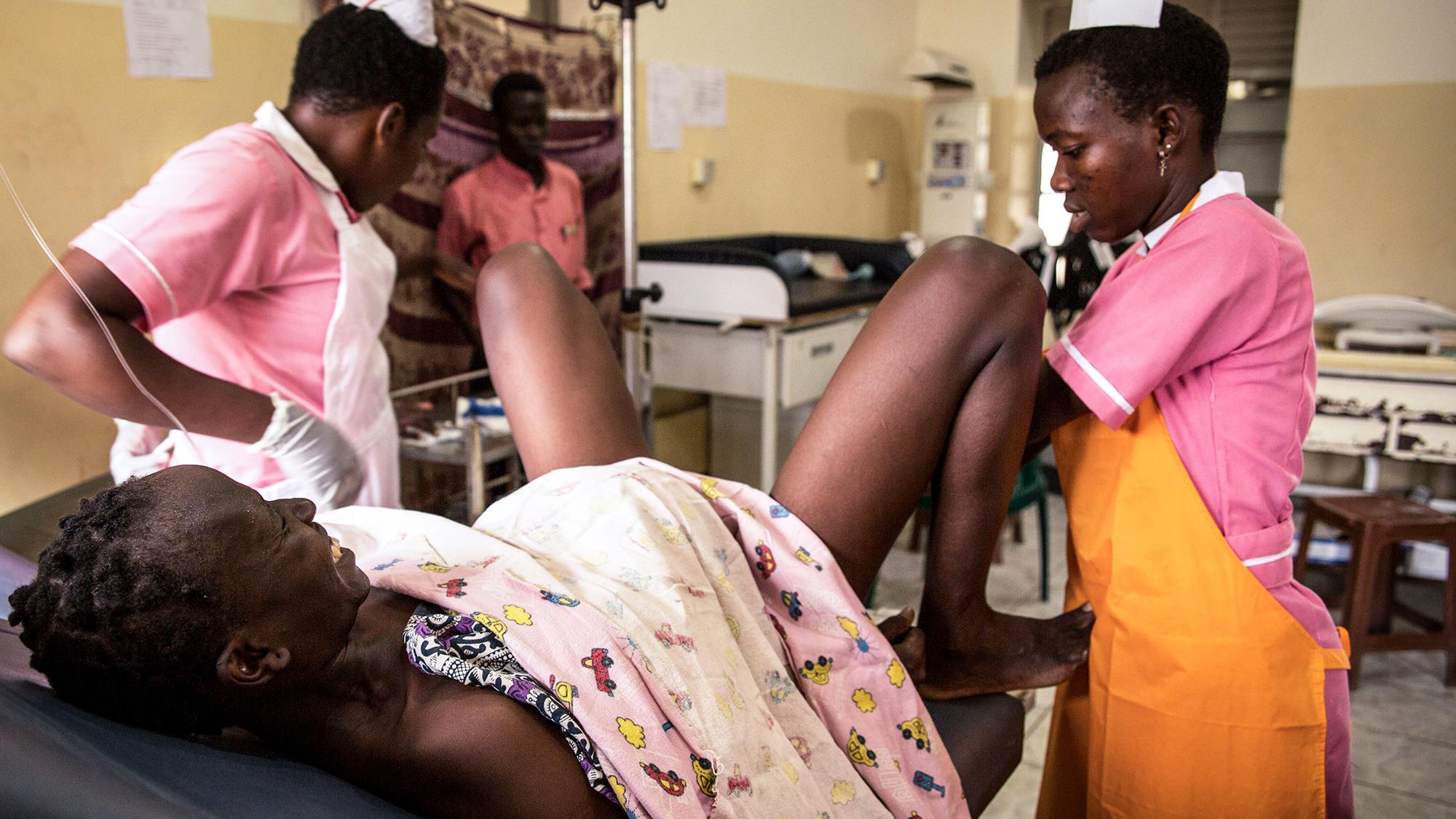New Guidelines Establish The Rights Of Women When Giving Birth
To reduce unnecessary medical interventions in childbirth and respect the woman's wishes, the World Health Organization sets standards in a report.
by Susan Brink
Mar 01, 2018
4 minutes

For more than 60 years, it has been the standard of care to try to speed up childbirth with drugs, or to perform a cesarean section if labor was seen as progressing too slowly.
Now a new set of recommendations is changing the game.
In February, the World Health Organization released a set of 56 recommendations in a report called . One key recommendation is to allow a slow labor to continue without trying to hurry the birth along with drugs or other medical interventions. The paper cites studies showing that a long, slow labor â when the mother and baby are doing well â is not necessarily dangerous.
You’re reading a preview, subscribe to read more.
Start your free 30 days



